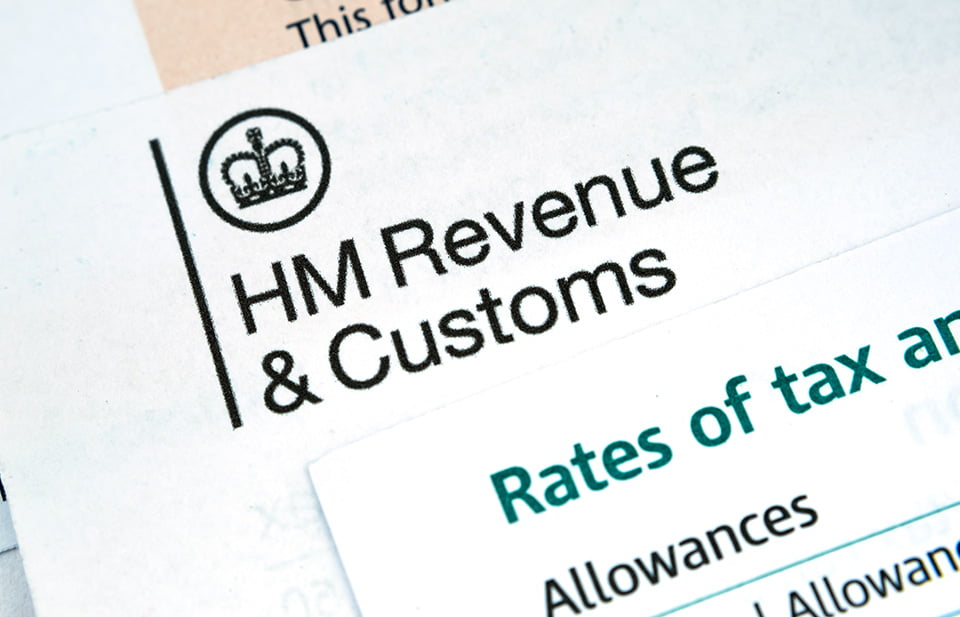Making use of tax allowances is at the cornerstone of all financial planning matters. In the high interest environment, which we currently live in, it has never been more important to ensure that you are maximising all available allowances.
Personal savings allowance
At the beginning of the new year the Bank of England base rate remains at a 15 year high of 5.25%. Whilst these high rates are to the delight of savers, many individuals are now being hit with income tax liabilities on interest payments. Depending on your tax status individuals have a personal savings allowance of:
Basic Rate – £1,000
Higher Rate – £500
Additional Rate – £0
If the interest which you receive exceeds your personal savings allowance the distribution will be taxed at your highest marginal rate of income tax. There are many allowances available to individuals and these are summarised below:
Personal allowance – Income Tax
If you are retired and pre-state retirement age, you may be earning less than the personal allowance (currently £12,570). This is your personal income allowance before you start paying income tax. There is the opportunity to draw additional income to utilise that allowance, potentially from your own pension, releasing income without paying income tax.
ISA Allowance
Individuals have the option of investing £20,000 per person into an ISA. Savers have the option to deposit funds into a cash ISA, however if you are taking a longer term view you may wish to consider investing into a Stocks and Shares ISA.
Another consideration could be a Lifetime ISA, perhaps you’re saving a deposit for your first home, but if you aren’t saving that money into a lifetime ISA, you could be missing out on an annual bonus of £1,000 paid for by the government. Although you can only use the money you save to buy a property (below £450,000), if you’re aged 18-39 and haven’t yet bought your first home, you are able to save up to £4,000 a year and you will receive an extra 25% on top!
Pension annual allowance
Following on from the spring budget, pension savers can now contribute up to £60,000 per annum into a pension. However, advice should be taken as an individual’s allowance may be restricted to an amount less than £60,000 due to complexities with the rules. Similar to the ISAs, pensions are tax efficient savings vehicles which can be accessed from the minimum pension age. Your pension can be used to invest in various different investments including cash savings, investment portfolios and commercial property.
Capital gains tax allowance.
During the tax year 2023/24 the capital gains tax allowance is £6,000 per person. If you have used both your pension and ISA allowance, you could consider investing into a General Investment Account and crystallise your gains on an annual basis. Please note that the capital gains tax allowance is reducing to £3,000 from 6th April 2024.
Dividend allowance
Rather than investing in growth assets there is the option to invest into income distributing funds. Any dividend received on unwrapped investments can be claimed tax free if it falls within your £1,000 Dividend Allowance. Please note that the Dividend Allowance will fall to £500 from 6th April 2024.
GET IN TOUCH
For further information or advice on how to best utilise your allowances, please contact a member of our financial planning team by emailing financialplanning@pmm.co.uk or call 01254 679131.
A comment to note that the article does not constitute personalised advice and that advice should be sought before taking any action.





